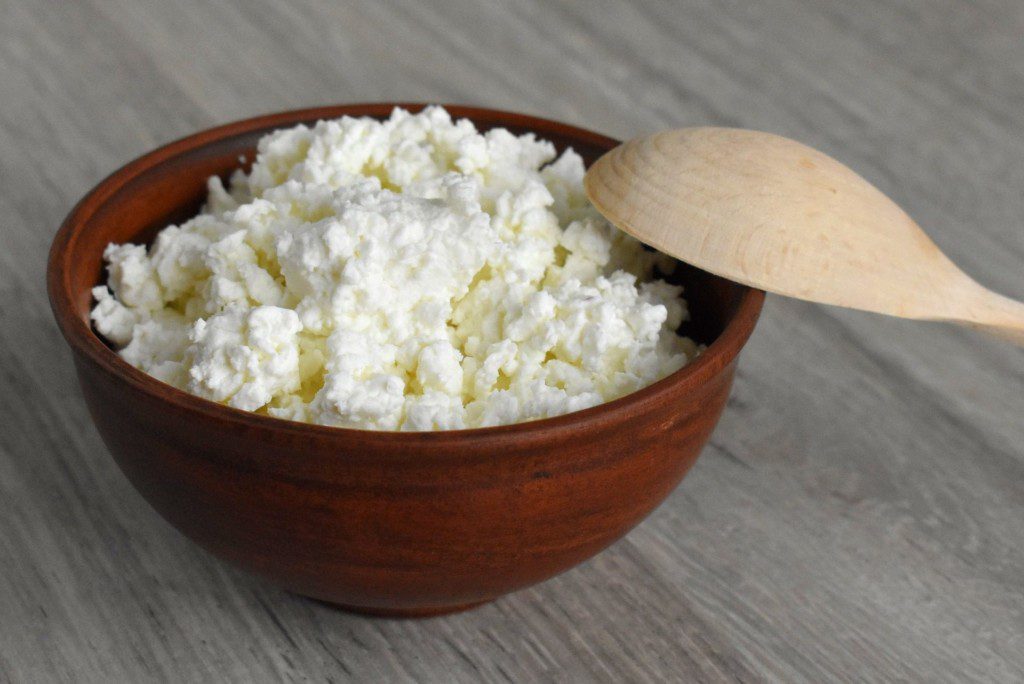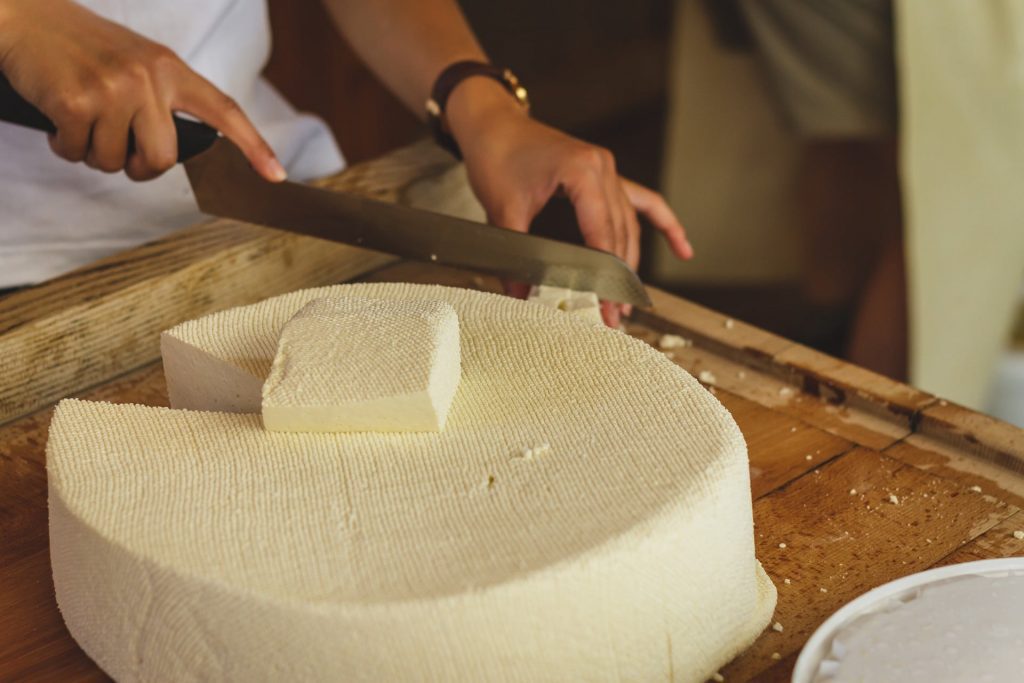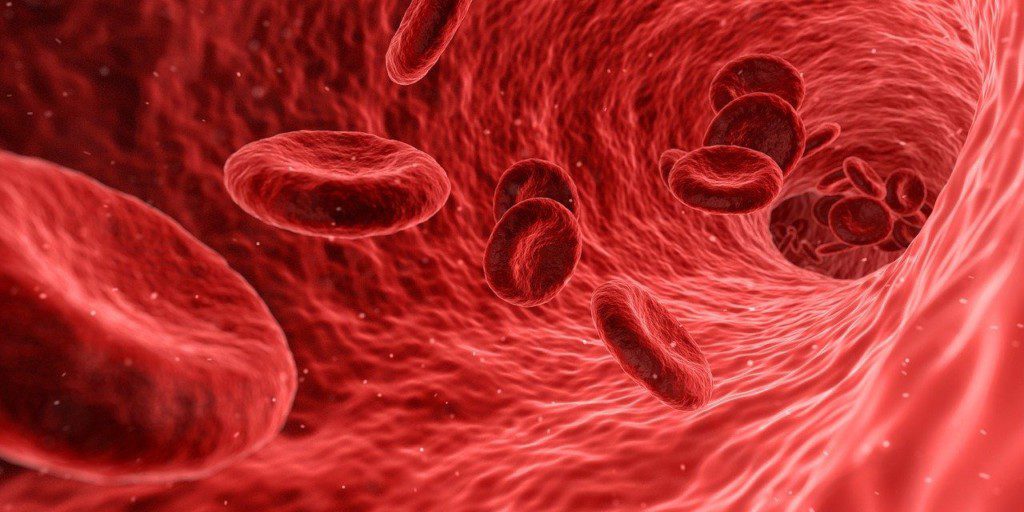In any Indian restaurant, the vegetarian section of the menu is incomplete without paneer in it. Eating paneer has several benefits (let us look into the paneer nutrition facts), many of which are unknown to most people. Paneer, also known as cottage cheese, is popular in India and widely available throughout the country.
To get the full benefits of paneer, the way it is eaten also matters. Raw paneer is very healthy. It can be eaten as it is or you can sprinkle some pepper and salt on it before eating. If you prefer to eat paneer in the form of a curry, it is better to add it to the curry as it is and not fry it first.
Paneer (cottage cheese) is believed to be unhealthy by many people. People believe paneer is difficult to digest fattening and not good for regular or daily consumption. In reality, paneer is actually very easy to digest. It does have fats, but these are unsaturated fats that aid good health. There are many more benefits of paneer that might take you by surprise.
Let’s have a look at the nutritional content of paneer – Paneer Nutrition Facts!
Table of Contents

Paneer Nutritional Value
Ever wondered what are the nutrients you would get from paneer? These are nutritional facts for paneer (100 grams).
| Nutrients | Nutritional Value |
| Protein | 18.85 grams |
| Fat | 14.7 grams |
| Energy | 257.875 Kcal |
| Folates | 93.3 micrograms |
| Carbohydrates | 12.4 grams |
| Calcium | 476 micrograms |
| Saturated Fat | 8851 micrograms |
| Monounsaturated Fat | 4300 micrograms |
| Polyunsaturated Fat | 439 micrograms |
| Phosphorus | 330 micrograms |
Go Vegan Rosemary Dried Leaves - 100gm | Rosemary Leaves for hair growth & Food 100g
Paneer Nutrition Facts and Contains
1. Protein
Let’s talk about the protein content in paneer. Paneer is one of the most excellent sources of protein for those following a vegetarian diet. Paneer or cottage cheese contains all the nine essential amino acids. Proteins are also essential for maintaining growth, repairing tissue, maintaining immunity and maintaining our blood volume.
On its own paneer can taste a little bland, but there are a number of delicious Indian dishes that taste absolutely wonderful.
Protein-Rich Foods For An Indian-Vegetarian Diet: 10 Food Items Rich In Protein + Recipes

2. Fat
Now, coming to the fat content in paneer. About 15% of paneer consists of fat. It is mostly saturated fat. However, it also has Monounsaturated fat (MUFA) which is healthy and helps in lowering the LDL (bad cholesterol) in the blood.
The main MUFA in paneer- Oleic acid has been known to help with lowering BP. Paneer also contains an omega-3 polyunsaturated fat-alpha Linoleic acid. This is known for lowering the risk of cardiac diseases. While there are many good fats in paneer, due to the amount of saturated fat, regulated consumption is advised.
3. Calcium and Phosphorus
Paneer is a rich source of calcium and phosphorus. Calcium helps with the proper functioning of nerves and heart muscles. While calcium is known to help improve skeletal health, it does require a certain amount of help from phosphorus.
The fact that we get both in paneer makes it a very beneficial food item to consume. Minerals like phosphorus help in releasing energy in the cells, support the growth of the body and maintain acid-base balance in the body.
4. Carbohydrates
Paneer contains very little carbohydrates, making it perfect for those trying to cut out carbs from their diet.
Paneer is great for someone who keeps active or has a regular exercise regimen. For those who have a sedentary lifestyle, regular paneer consumption can lead to cholesterol build-up. Paneer tends to have a lot of moisture content in it, making it a breeding ground for bacteria, especially if the water used is dirty. This is why it is important to buy only quality paneer.
Cheap paneer may have been made in unsanitary conditions. This could lead to an upset stomach, diarrhoea, food poisoning, etc. The high moisture content in paneer makes it a highly perishable product.
We have seen the Paneer Nutrition Facts and its Nutritional Content, now let us look into its benefits.
Benefits of Paneer
1. Helps in bodybuilding
Paneer is a protein-rich food article. 100 grams of paneer has about 18 grams of protein. Paneer is recommended to those who are trying to bulk up. The best brands of paneer are filled with protein and also has saturated fats, it can keep hunger at bay.
2. Builds strong teeth and bones
Paneer is also rich in calcium making it great for teeth and gum health. It also has low levels of lactose in it, so the chances of cavities are greatly reduced. High calcium levels make paneer a favorable addition to the diet.

3. Improves body metabolism
Paneer provides instant energy to the body and it also helps in improving body metabolism. Paneer helps with the digestion of excess fat and does not let excess fat get stored in the body. Paneer is a great source of Linoleic acid; this is the acid that helps in the burning of body fat. So, paneer would be a good addition to your diet if you wish to lose weight.
4. Reduces body and joint pain
Paneer can reduce body pains especially when it is lower back pain. It has omega-three and omega-six fatty acids which help in fighting arthritis and joint pains associated with old age.
5. Lowers risk of cancer
Paneer contains a good amount of selenium and potassium. Both of these are nutrients that may help lower the risk of diseases such as cancer. The proteins in paneer help in lowering the chances of stomach and colon cancer. The risk of Prostate cancer, which is common in men, may be reduced by the intake of paneer.
6. Prevents skeletal deformation
Paneer helps in the prevention of skeletal deformation that can lead to hip and joint pains with the help of vitamin D. Paneer also has vitamin K and magnesium which helps in the development of strong bones.
7. Prevents stroke
Potassium in Paneer helps to reduce blood pressure in the body and helps prevent stroke. Potassium helps in fluid retention and it can also help in the prevention of muscle cramps. These benefits athletes, and gym-goers who may need high fluid intake and want to build muscles.
8. Improves immune system
Paneer helps to improve and strengthen the immune system of the body. Respiratory diseases like asthma and bronchitis can be controlled by regular intake of paneer. It helps in improving hemoglobin levels in the body. The magnesium in paneer boosts the immune system.
9. Improves concentration and memory
Paneer helps in developing cartilages due to the presence of vitamin B. This also helps in improving concentration and memory in children.
10. Reduces menopause stress
Regular consumption of paneer can help reduce menopause stress. The calcium in paneer also helps reduce the chances of osteoporosis in women.
11. Improves sperm count
Paneer has a high presence of zinc that helps in the prevention of sperm-related issues like low sperm count and low sperm mobility.
12. Improves skin
The fat, vitamins, and selenium present in paneer help your skin glow naturally.
13. Keeps you full for longer
Since paneer releases energy slowly in the body. It does not cause a spike in one’s blood sugar levels. It keeps you energized and feeling full for longer time periods. The amount of saturated fat keeps you full for a long time and prevents you from consuming too many calories.
14. Increases RBC count
One of the key nutritional factors is the Folate (a B-complex vitamin) that produces hemoglobin which is essential for maintaining the blood count.

Frequently Asked Questions
Still have a doubt whether it is good to include paneer in your daily diet? No worries, we have answered a few of the most asked FAQs asked by our viewers.
1. Is paneer a protein or a fat?
Paneer is a combination of fat, protein and carbohydrates. Every 100 grams of paneer consists of approximately 20.8 grams of fats and 18.3 grams of protein.
2. How healthy is paneer?
Paneer is a good source of both protein and calcium for a vegetarian diet. Also, it contains healthy fats. In addition to its high nutritional value, it helps in improving bone and dental health.
3. Is it healthy to eat paneer everyday?
Moderate consumption of paneer is good for health and can be made a part of everyday diet. Being a good source of healthy fats and protein, it helps in boosting energy levels. Besides this, it also has a high amount of zinc content which improves immunity.
4. Is vegan paneer available in the market?
Vegan paneer is either made of soy milk, cashew milk or almond milk. Many brands do offer vegan paneer and tofu (made from soy milk).
Final Words
Though paneer has these benefits paneer works for people with an active lifestyle as they will burn the calories provided by paneer easily and gain its nutrients. Protein in paneer and other nutrients play an important role if you are trying to follow a balanced diet.
But moderation is key, eating everything in the right amount makes all the difference.









